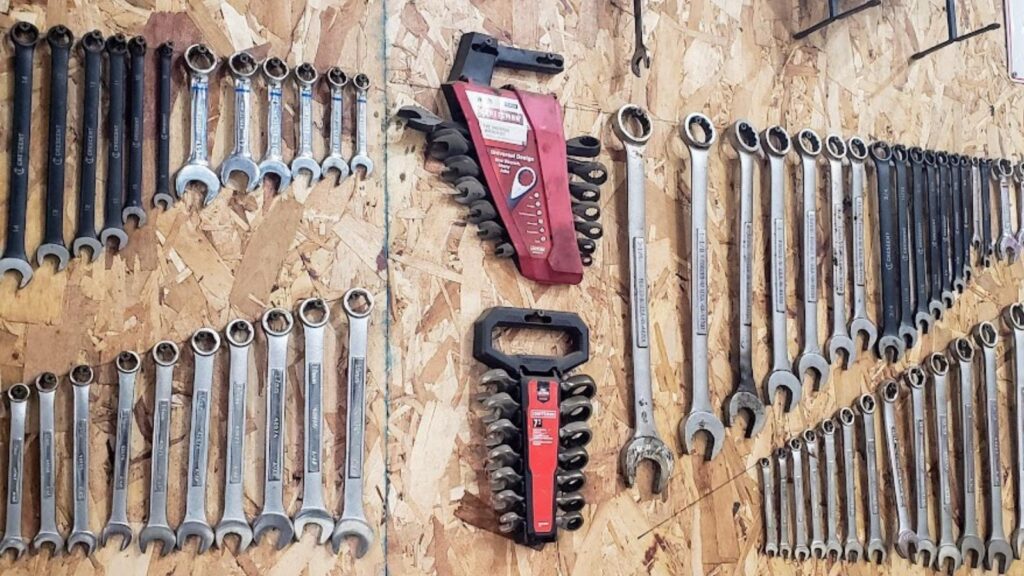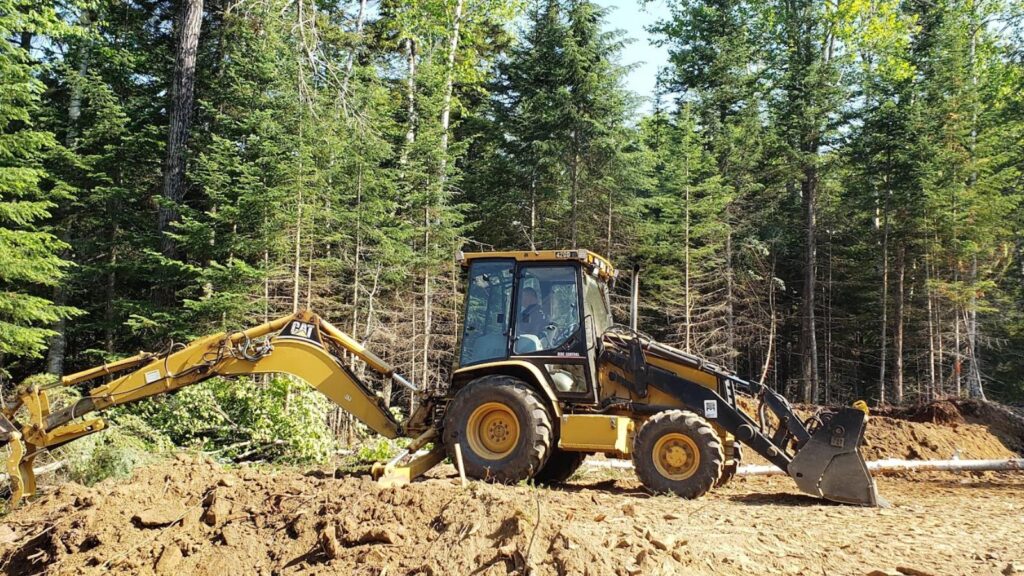Better investments in equipment pay themselves back and then some. As a small business, it’s vital that every investment you make matters.
So, when it comes to buying equipment, you have to balance the cost of the equipment against the revenue it will generate for your business.
My husband believes in having the best tools for his trucking company. It helps when the truck breaks down so he can fix it himself and get back on the road, making money.
He encourages me to make better investments in equipment by purchasing digital tools for my small business. Tools can make a difference in any small business today.
Table of Contents
Plan Your Purchases
You can’t make suitable investments if you don’t know what funds you have to play with and what you need the most. First, you need to invest in your bookkeeping. You can hire a bookkeeper to ensure that you keep track of your business finances.
From there, consider the needs of your business. Some types of new equipment might be necessities, and these should take priority over others. However, if you can’t do the job without the equipment, then you need it.
From there, consider equipment that can improve productivity or broaden your horizons and opportunities.
Hire or Buy Better Investments In Equipment
Another factor to consider is whether it’s worth purchasing the equipment or renting it temporarily. Hiring equipment has a lower initial cost but is more expensive in the long run if used for an extended period.
Then again, some specialized equipment is only ever hired because the associated costs would be too high to buy outright, and the logistics too complicated. For example, if you were looking to move something weighty, you’d always look for air hoists for hire rather than to buy.
Consider the nature of the equipment you need, what you can afford now, and the amount required for each piece of equipment.
You could continue hiring it if it’s only used occasionally for specialist jobs. Otherwise, consider taking out a loan or saving to buy the equipment outright.
Considering secondhand suppliers can save you a significant amount of money. You might find good equipment from these suppliers at a considerable discount. So, if you’re looking for the best value in equipment, consider buying used.
If you need to upgrade later, you can wait for your company to be more ready to pay the extra cost.
Improving Your Services with Better Investments In Equipment and Tools
One of the most essential aspects of running a small business is maintaining a strong reputation and a positive relationship with your customers. If you can do more for your customers, it will improve your relationship.
If someone hires a contractor, they hire someone for their skills, experience, tools, and equipment. If you aren’t adequately equipped for the projects you take on, you won’t be able to deliver a great service, and you cannot do it safely.
This is the main reason for investing in good equipment. My husband’s significant equipment purchases consist of machines and tools to fix them, while mine are all digital tools.

Do Your Research When Making Better Investments In Equipment
When you find the right equipment for your needs, conduct thorough research. Learn about the equipment your competitors use, as well as what the best equipment for the job is.
This might include pugmill mixers, which are used to mix large amounts of materials or to combine dry materials with liquids. It may also include other large equipment, such as diggers, cranes, or specialist tools, to set up scaffolding.
Every job has its own needs, and if you specialize in specific projects, it pays to know what you need before you need to equip your team. You will be happier with better investments in equipment for your small business, as well as with equipment that makes the job easier for everyone.
Conclusion: Better Investments In Equipment Pay Off
Investing smartly in equipment can transform your business. Quality gear boosts productivity and cuts costs over time. It’s more than just upgrading—making strategic choices that bring lasting returns.
When machines run smoothly, you avoid pricey downtime and repairs. Think about it more. Less time spent fixing things means more time spent getting work done. Additionally, newer technology often comes with energy savings, which reduces bills.
So, next time you’re considering a big purchase, consider the long-term benefits for your small business. What’s holding you back from making that wise investment today?
Smart Equipment: Make Better Investments In Equipment FAQs
How do I determine the equipment for my needs?
Evaluate your business requirements, budget, and long-term goals. Next, research the most widely used equipment within your industry and seek expert advice for tailored recommendations.
What’s the first step before making an equipment purchase?
Conduct a cost-benefit analysis. Compare the upfront costs against the expected benefits to ensure the investment aligns with your operational goals.
Should I buy newer or used equipment?
It depends. Newer equipment offers the latest technology and warranties, but used equipment can be cost-effective if in good condition. Consider your budget and usage intensity.
How can I assess the return on investment (ROI)?
Calculate ROI by considering increased productivity, cost savings, and improved quality over time. Factor in both direct and indirect benefits the equipment brings.
What are the financing options for equipment purchases?
Options include outright purchase, leasing, or financing through loans. Each has pros and cons, so assess what works best for your financial situation.
How important is it to consider maintenance costs?
It is important. Ongoing maintenance may significantly impact your budget. Consider these costs when making your purchase decision to avoid any surprises.
What role does technology play in choosing equipment?
Technology can enhance efficiency and capabilities. Prioritize equipment with relevant tech features that offer real benefits and align with your operational needs.
How do I ensure my equipment investment remains valuable over time?
Regular maintenance, timely upgrades, and proper training for your team can maximize the lifespan and efficiency of your equipment.
Is it beneficial to consult with industry peers before buying?
Yes, definitely. Industry peers can offer valuable insights into performance, reliability, and real-world challenges that may not be evident in specifications or reviews.
How can I evaluate the supplier’s credibility?
Research customer reviews, verify references, and evaluate their industry reputation. A reliable supplier ensures better support and fewer headaches in the long run.




